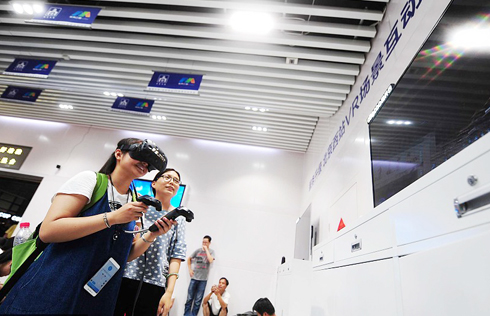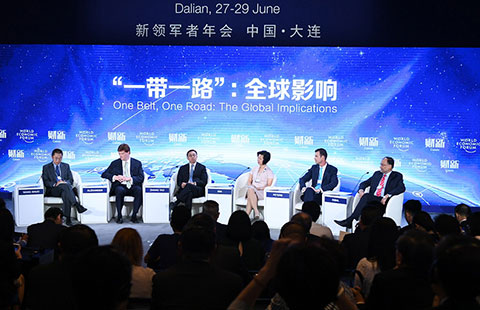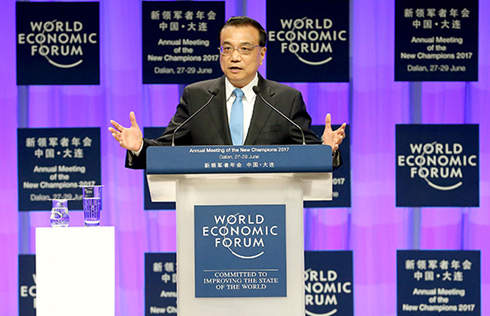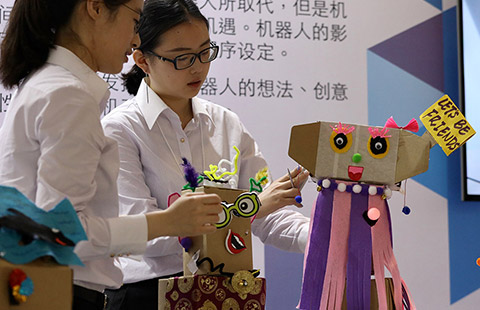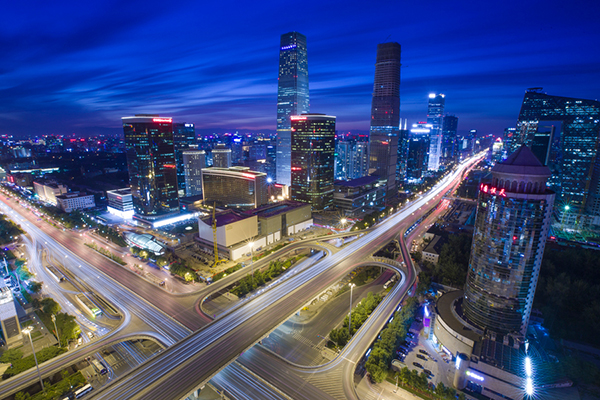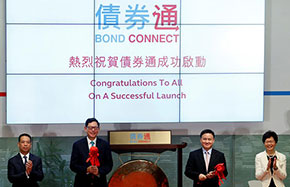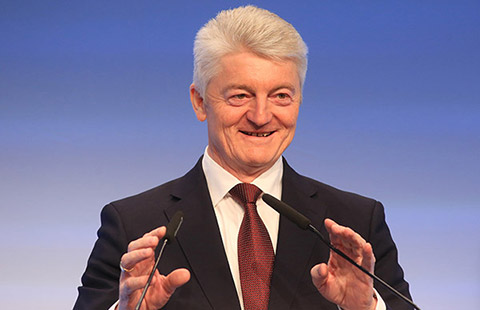Iron ore import licensing to be scrapped
|
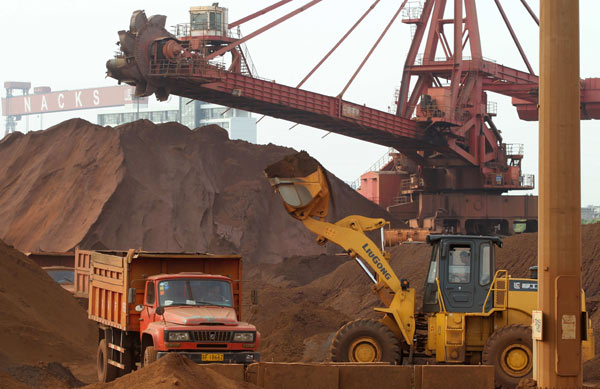 |
China is to abandon its old iron ore import licensing system in July in an effort to further open up the market, a move that will bring more business opportunities to foreign producers and traders, according to a leading industry insider on Friday.
In line with Premier Li Keqiang's recent statement that China will work on reducing governmental interference in the market and simplify approval procedures in many sectors, the Ministry of Commerce announced on June 7 that starting from July 1, companies can apply for iron ore and alumina oxide importing licenses online, in an effort to promote free trade and provide a more convenient procedure.
The industrial insider, who declined to be identified, said the move will provide fairer access to foreign iron ore resources by middle and small-scale steel companies, which currently have to pay commission fees to middlemen who have importing rights for the raw material.
He said the ministry's announcement to change its license approval system is just the first step and the need for importing rights, as well as the license, will be removed.
Data shows that there are currently 118 steel companies and traders in China that have the right to import iron ore.
Large metal and steel producers such as Baosteel Group, Ansteel Group, Shougang Group and China Minmetals Co are included in the list.
The insider added that a small number of traders with importing rights charge a commission fee of between 0.3 yuan ($0.05) and 0.5 yuan per ton to help other companies import iron ore, which can result in more than 10 million yuan in profits annually.
"Their businesses will be affected by the new rule," he said. "However, it will be really beneficial for medium and small-scale steel companies and traders. And foreign iron ore giants such as Rio Tinto, BHP and Vale will also have increased business as a result."
Tang Xiaolan, a senior analyst with the industry information consultancy Mysteel, said that as more organizations participate in iron ore trading, the competition will intensify.
He added there are no fears of hot money entering the iron ore trading arena as prices have been falling in recent years.
"In the short term, the new policy will not influence the market much or affect iron ore prices, but longer term it will be good for both the steel and iron ore industries which have been suffering from weak demand and falling prices," said Tang.
Over the past year, China imported 743 million metric tons of iron ore, the highest amount on record and an 8 percent annual increase.
However, China's steel companies recorded total profits of just 1.58 billion yuan, a 98 percent fall year-on-year.
Experts say the reason for the industry's decline has been a combination of overcapacity, a gloomy economy and weak demand, but most notably, soaring iron ore prices.
China is the world's largest iron ore importer and consumer with annual consumption of more than 1 billion tons. Up to 60 percent of iron ore traded comes to China.
Currently, the China Iron and Steel Association and the China Chamber of Commerce of Metals Minerals and Chemicals Importers and Exporters are responsible for regulating iron ore trading on behalf of the Ministry of Commerce, and for the issue of licenses to importers.
But industrial insiders now believe traders will not require their approval for iron ore imports in future.




